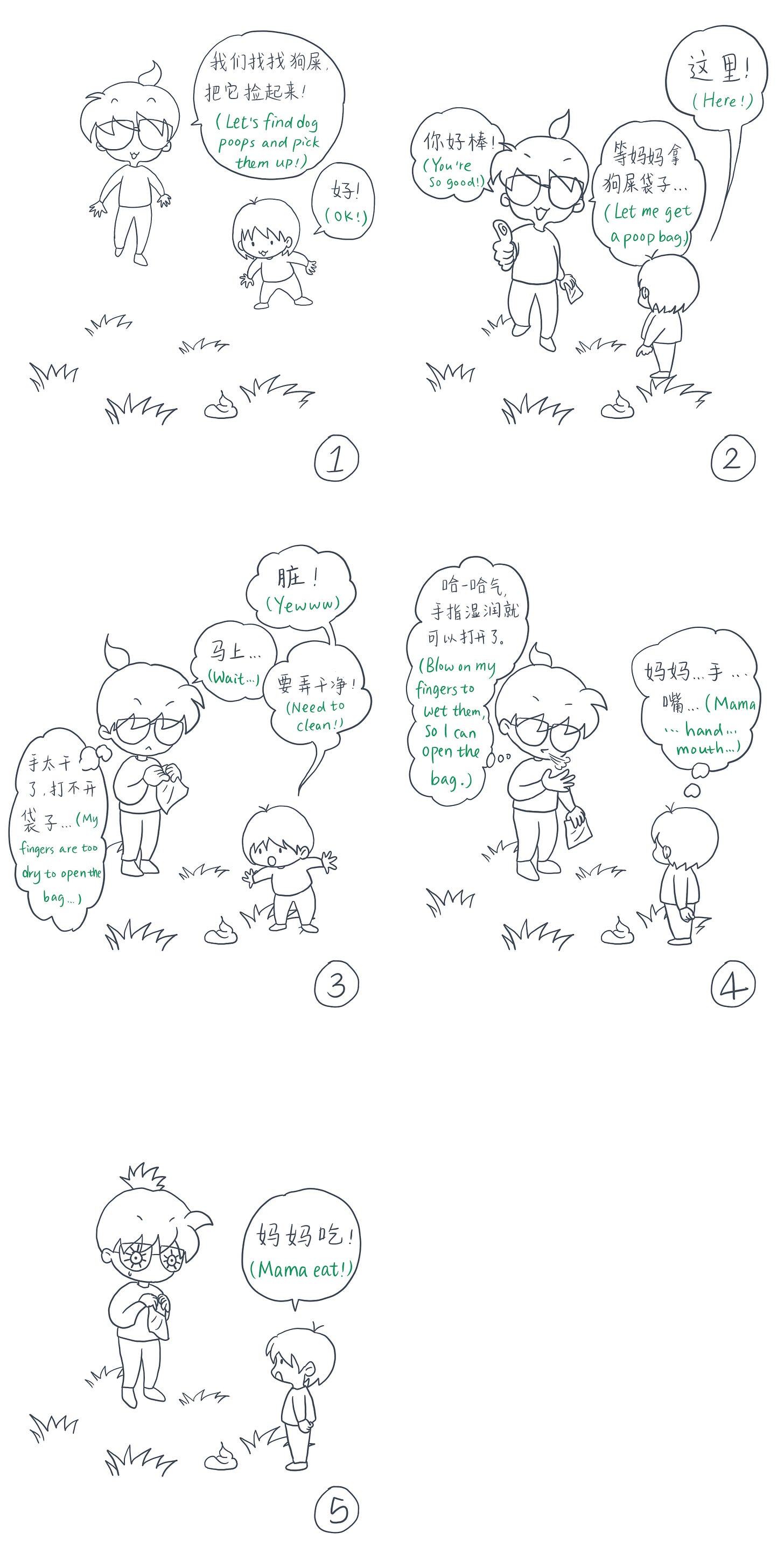Memolines~The Player Coach mindset in parenting
As a mentor myself in a work setting, I prefer building a close relationship with newcomers, offering guidance and support where needed rather than doing the work for them.
Since my child was born, I've been exploring what makes for a healthy parent-child relationship. As adults, we naturally know more and have years of life experience under our belts. When faced with this little person who has limited abilities and is still making sense of the world, I kept wondering: How can I spark their intrinsic motivation? How do I help them develop independent habits while still providing guidance?
That's when I came across a term that I like: Player Coach.
It reminded me of the mentorship role we have at my company. When new team members join, we pair them with experienced colleagues as mentors. As a mentor myself, I prefer building a close relationship with newcomers, offering guidance and support where needed rather than doing the work for them.
While this balance is relatively easy to maintain in a work setting, as parents, we often fall into the trap of doing everything for our little ones. Yes, we can do things faster and better, but this actually hinders their growth. I've written before about how doing things together with children is a great approach. As they get older, they might start refusing too much help from parents, so I try to make the most of their natural curiosity about new things to create shared experiences.
For instance, when making buns, my little one shows interest in the dough and rolling pin, so I give her a small rolling pin and some dough to play with beside me.
When cleaning up dog poop in the backyard, I invite her along to help spot the poop and hold the bag - sometimes leading to funny moments I can't help but sketch into comics.
During toy cleanup, I let her put toys in the storage box and hold blocks in my hands for her to push into the container. While she might only complete a small part of any given task, these small actions add up over time and form habits.
I had a delightful surprise recently: my little one started playing with adult shoes. I noticed her take a pair of my shoes from the rack, walk around in them, and then - without any prompting - neatly put them back. She seemed perfectly happy doing this on her own, and I didn't say a word, just occasionally checking what she was up to. It made me realize our Player Coach approach was working. Through companionship and guidance, children can gradually develop good habits.
Finding this balance takes time: I can't help too much or too little, and I need to resist the urge to constantly correct their behavior or expect more from them. While it requires constant adjustment, maintaining an exploratory mindset helps me find what works best.
I'm happy with this approach so far and will keep watching to see how it continues to work.


